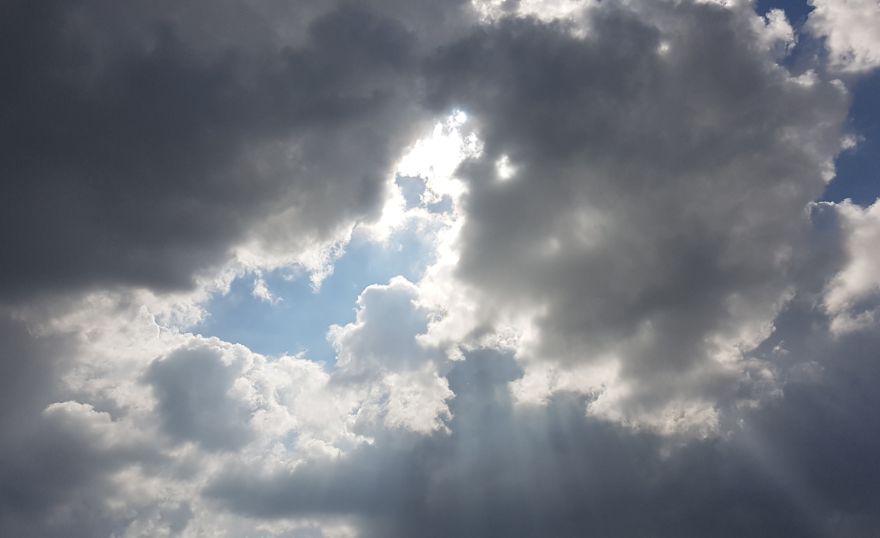Before switching to solar, you may be wondering what happens when the weather isn’t so great. Will my solar panels work when the sun is hidden behind the clouds? It’s a great question, and understanding how solar panels work in different weather conditions will help you know if they are right for your home. As seasoned solar contractors in NJ, our team, Sun Up Zero Down, is going to break down how cloudy days impact solar panels. So, let’s get into it!
How Solar Panels Work
Solar panels generate electricity by converting sunlight into energy through photovoltaic cells. The cells absorb sunlight and create an electric current. While this process works best on sunny days, the panels will still generate electricity on cloudy days, just not as much as when the sun is shining bright.
Cloudy days will impact solar panels, but they will still produce energy. Solar panels can produce 10-25% of their typical output on overcast days on a sunny day. While this might seem like a significant drop, it’s important to remember that solar panels are designed to generate more electricity than a home typically needs on sunny days, which helps compensate for cloudy periods.
Experienced solar contractors in NJ understand that New Jersey’s climate includes sunny and cloudy days. Our team considers this when designing and installing solar systems, ensuring our customers get the most out of their solar investment regardless of the weather.
Advances in Solar Technology
A lot has changed since modern solar panels were developed by scientists at Bell Labs in 1954. These advancements have dramatically impacted their efficiency, even on cloudy days. Modern solar panels are more sensitive to varying light levels and can capture and convert more sunlight on cloudy days. There are also different types of solar panels, some of which are known for performing better when the weather conditions are not ideal. Solar contractors in NJ can recommend the best solar panels for your location, ensuring optimal yearly performance.
To optimize solar energy production during cloudy weather, our team recommends the following:
- Ensure your solar panels are clean and debris-free
- Invest in batteries to store excess energy produced on sunny days
- Use monitoring systems to track your solar panels’ performance
While efficiency may be reduced on cloudy days, solar panels will still generate electricity and offer long-term benefits. By working with experienced solar contractors in NJ, like the Sun Up Zero Down team, you can ensure your solar system is designed to perform optimally in all weather conditions.

